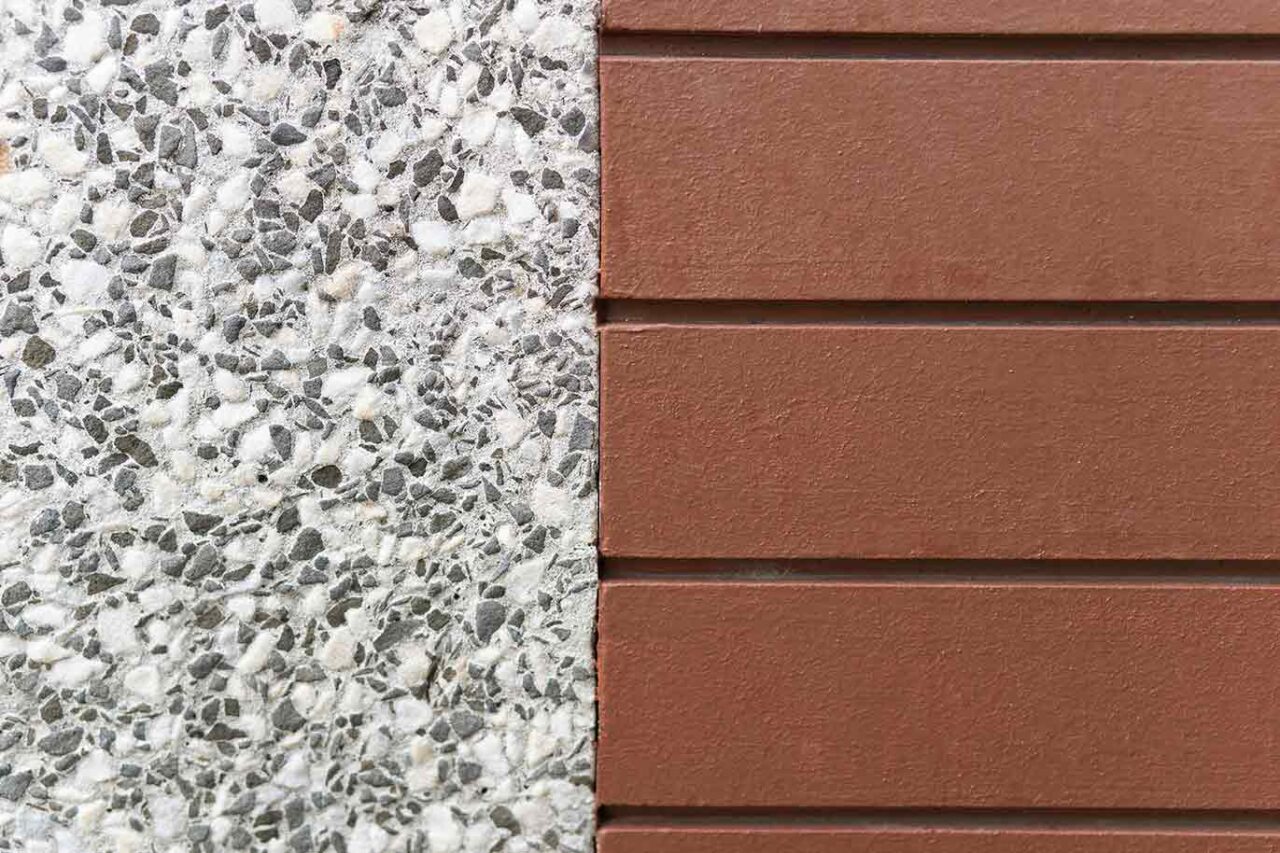Driveway Paving For Coastal Areas:
Salt tolerance: Living in coastal areas offers stunning views and a unique lifestyle, but it also presents challenges, especially for driveways exposed to salt from the sea. Whether considering a new driveway or upgrading an existing one, understanding the impact of salt and choosing suitable materials is crucial for longevity and aesthetics. Coastal areas often experience higher levels of salt exposure due to the proximity to seawater, which can affect the durability and appearance of driveways over time.
The Impact Of Salt On Driveway Paving
Corrosion and Rust: Salt, especially in the form of sea spray or coastal storms, can accelerate corrosion and rust in metal components of driveways, such as gates and decorative elements. Choosing corrosion-resistant materials becomes essential.
Concrete Deterioration: Salt can penetrate concrete, leading to spalling and cracks. This is a common issue in coastal regions where the salt can permeate the porous surface of concrete driveways. Opting for salt-resistant concrete or applying sealants can mitigate this.
Paver and Stone Considerations: Natural stone and certain types of pavers may be more prone to damage from salt exposure. Selecting materials known for their salt tolerance, such as specific granite or salt-resistant pavers, is crucial for longevity.
Choosing Salt-Tolerant Driveway Materials
Concrete Alternatives: Consider alternatives to traditional concrete, such as porous concrete or asphalt. These materials are less susceptible to salt damage and allow water to drain through, reducing the impact of salt accumulation.
Porcelain or Salt-Resistant Tiles: Porcelain or salt-resistant tiles provide a durable and visually appealing option for driveways. They are resistant to salt damage and offer a range of design possibilities.
Corrosion-Resistant Metals: Choose corrosion-resistant materials like aluminum or stainless steel if your driveway features metal components. Regular maintenance, such as freshwater rinsing, can also help prevent salt-related corrosion.
Maintenance Tips For Driveway Paving For Coastal Areas
Regular Cleaning: Regularly rinse the driveway with fresh water to remove salt residue. This simple practice can significantly reduce the long-term impact of salt exposure.
Sealing Surfaces: Applying a high-quality sealant to concrete or other porous surfaces creates a protective barrier, preventing salt from penetrating and causing damage.
Landscaping Considerations: Strategic landscaping with salt-tolerant plants can act as a natural barrier, reducing the amount of salt reaching the driveway.
Conclusion
Coastal living is a beautiful experience, and with suitable driveway materials and maintenance strategies, you can enjoy a stunning and salt-tolerant driveway for years to come. By understanding the impact of salt and making informed choices, your coastal driveway can enhance your property’s beauty and functionality.
Transform your home effortlessly with FloorPup! Discover our extensive range of hardwood flooring, receive tips from expert floor care and maintenance professionals. Our team includes professional floor fitters, skilled driveway pavers, and dependable carpet repair specialists, ensuring top-notch results. Learn more about our dedication to quality on our About Us page. Visit FloorPup and start enhancing your living space today!
FAQs
Q1: Why is salt exposure a concern for driveways in coastal areas?
A1: Coastal areas experience high levels of salt exposure, primarily from sea spray and coastal storms. Salt can lead to the corrosion of metal components and concrete deterioration and impact driveways’ overall longevity and appearance.
Q2: How can I protect my driveway from salt damage?
A2: To protect your driveway from salt damage, consider using salt-resistant materials, such as porcelain tiles, salt-resistant pavers, or corrosion-resistant metals. Regular cleaning with fresh water, applying sealants, and strategic landscaping with salt-tolerant plants are effective preventive measures.
Q3: Are there specific driveway materials that are more salt-tolerant?
A3: Yes, some materials are more salt-tolerant than others. Coronary-resistant metals like stainless steel or aluminum, porous concrete, salt-resistant pavers, and porcelain tiles are great options for coastal driveways. These substances are made to resist the corrosive action of salt.
Q4: How often should I clean my coastal driveway to prevent salt damage?
A4: Regular cleaning is essential to prevent salt damage. Rinse your coastal driveway with fresh water at least once a week or more frequently during periods of heavy salt exposure, such as after storms. This helps remove salt residue and reduces the risk of corrosion and deterioration.


